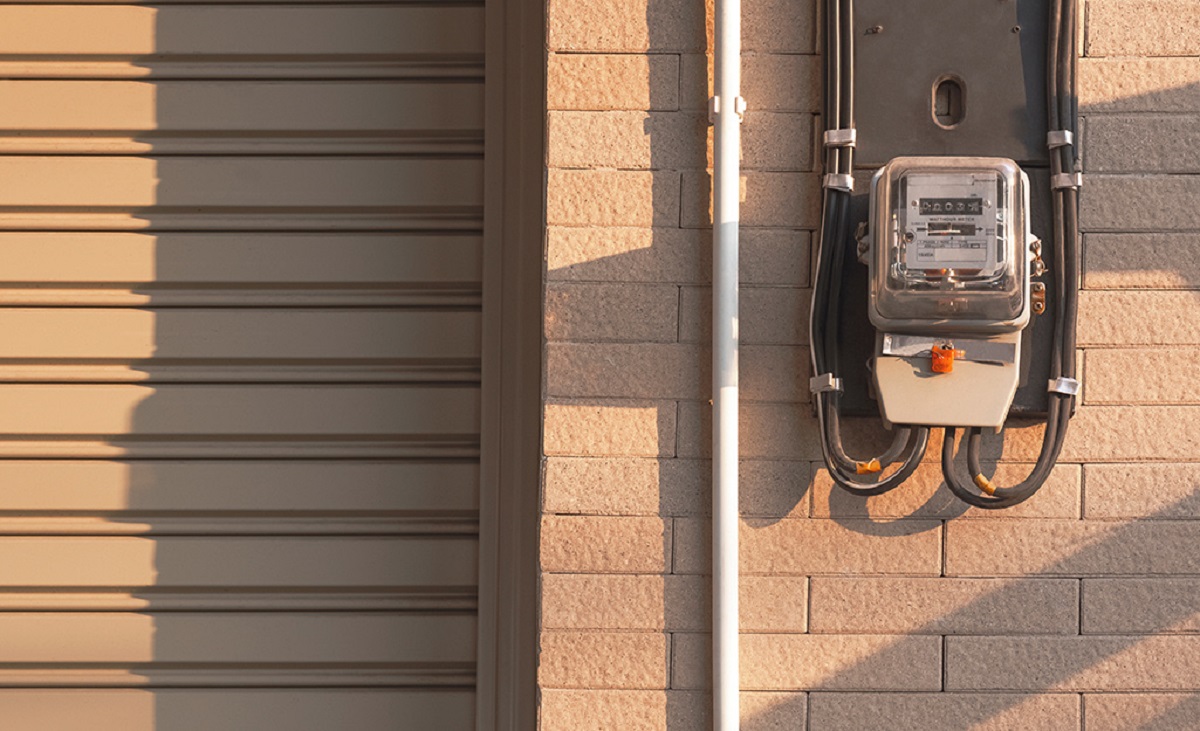

Articles
What Type Of Conduit To Use Outside
Modified: October 20, 2024
Learn about different types of conduit that are suitable for outdoor use in this informative article. Discover the best options for your next project.
(Many of the links in this article redirect to a specific reviewed product. Your purchase of these products through affiliate links helps to generate commission for Storables.com, at no extra cost. Learn more)
Introduction
When it comes to outdoor electrical installations, choosing the right type of conduit is crucial. Conduit is a protective pipe or tube that holds and protects electrical wires, keeping them safe from moisture, UV rays, extreme temperatures, and physical damage. It is an essential component of any electrical system, helping to maintain the integrity and longevity of the electrical wiring.
However, with several conduit options available, it can be challenging to determine which one is best suited for your outdoor project. In this article, we will explore different types of conduits commonly used outdoors, their characteristics, advantages, and considerations to help you make an informed decision.
Key Takeaways:
- Choose the right conduit for outdoor electrical projects by considering weather resistance, physical protection, flexibility, and installation method. PVC, RMC, EMT, flexible, and HDPE conduits offer unique advantages for various applications.
- Prioritize safety, accurate measurements, proper grounding, and regular maintenance when installing outdoor conduits. Consult professionals for guidance and follow manufacturer guidelines for correct installation procedures to ensure the reliability and longevity of your electrical system.
Read more: What Type Of Wire Should Be Used In Conduit
Factors to Consider
Before selecting a conduit for your outdoor electrical installation, there are several factors you should take into consideration:
- Weather Resistance: Outdoor conduits must be able to withstand various weather conditions such as rain, snow, extreme heat, and UV exposure. Consider the climate of your location and choose a conduit that is designed to handle those conditions.
- Durability: The durability of the conduit is crucial, especially in outdoor settings where it may be exposed to physical damage, impact, or vibration. Look for a conduit that is strong and sturdy enough to withstand these potential hazards.
- Chemical Resistance: Depending on the specific installation environment, your conduit may be exposed to chemicals, solvents, or corrosive substances. Select a conduit material that is resistant to these substances to prevent degradation or deterioration.
- Flexibility and Bend Radius: Consider the flexibility and bend radius requirements of your project. Some conduit materials, like flexible conduits, provide more flexibility and easier installation, while others, like rigid metal conduits, have limited flexibility but offer superior protection.
- Installation Method: Different conduit materials require different installation methods. Determine whether you need a conduit that can be buried underground, surface-mounted, or run along walls and structures.
- Cost: Consider your budget when choosing a conduit. Some types of conduits may be more expensive initially but offer better long-term value due to their durability and longevity.
By evaluating these factors and considering the specific requirements of your outdoor electrical installation, you can make an informed decision about the most suitable type of conduit to use.
PVC Conduit
PVC (Polyvinyl Chloride) conduit is one of the most popular choices for outdoor electrical installations. It is lightweight, durable, and cost-effective, making it ideal for a wide range of applications. Here are some key features and advantages of PVC conduit:
- Weather Resistance: PVC conduit is resistant to moisture, humidity, and UV exposure, making it well-suited for outdoor use. It can withstand harsh weather conditions without deteriorating or degrading.
- Chemical Resistance: PVC conduit is resistant to many chemicals and solvents, making it suitable for installations in areas where chemicals may be present.
- Durability: PVC conduit is highly durable and able to withstand impact, making it suitable for areas where there may be a risk of damage from heavy equipment or traffic.
- Flexibility: PVC conduit is available in both rigid and flexible forms, providing versatility for various installation needs. Flexible PVC conduit is easier to install around corners and tight spaces.
- Cost-Effective: PVC conduit is relatively inexpensive compared to other types of conduits, making it a budget-friendly option.
- Easy Installation: PVC conduit is lightweight and easy to cut, making it simple to install. It can be joined together using PVC connectors or fittings.
While PVC conduit offers many advantages, there are a few considerations to keep in mind. It may not be the best choice if a high level of physical protection is required, as it is not as rigid and durable as metal conduits. Additionally, PVC can expand and contract with temperature changes, so proper allowances should be made during installation to ensure it does not become stressed or damaged.
Overall, PVC conduit is a reliable and cost-effective option for outdoor electrical installations, providing excellent weather resistance and ease of installation.
Rigid Metal Conduit
Rigid Metal Conduit (RMC), also known as galvanized steel conduit, is a robust and durable option for outdoor electrical installations. It is made of galvanized steel, providing excellent protection against physical damage and corrosion. Here are some key features and advantages of RMC:
- Physical Protection: RMC offers superior physical protection to electrical wires and cables. Its rigid construction makes it resistant to impact, crushing, and bending.
- Weather Resistance: RMC is highly resistant to adverse weather conditions, including extreme temperatures, UV exposure, and moisture. It can withstand harsh outdoor environments without degradation.
- Durability: RMC is highly durable and long-lasting, making it suitable for installations where high levels of protection and durability are required.
- Fire Resistance: RMC is inherently fire-resistant, providing an additional layer of safety in outdoor electrical installations.
- Chemical Resistance: RMC is resistant to most chemicals and solvents, making it suitable for installations in areas where chemical exposure is a concern.
- Electromagnetic Interference (EMI) Shielding: RMC offers excellent electromagnetic interference shielding properties, minimizing the risk of interference from external sources.
While RMC offers robust protection, it is important to note that it is more challenging to install compared to other conduit types. Its rigid nature requires careful planning and precise bending techniques. Additionally, RMC is heavier and more expensive than PVC conduit, which should be considered when determining the overall feasibility of using it.
RMC is commonly used in industrial and commercial applications, where high levels of protection and durability are required. It is an ideal choice for outdoor installations that need to withstand harsh conditions and provide superior physical protection to electrical wiring.
Electrical Metallic Tubing (EMT)
Electrical Metallic Tubing (EMT) is a lightweight and cost-effective conduit option commonly used for outdoor electrical installations. It is made of galvanized steel or aluminum, offering a balance between durability and ease of installation. Here are some key features and advantages of EMT:
- Easy Installation: EMT is lightweight and easy to handle, making it quick and straightforward to install. Its smooth surface allows for smooth wire pulling and reduces the risk of damage to the wires.
- Cost-Effective: EMT is generally less expensive than rigid metal conduit, making it a cost-effective option for outdoor electrical projects.
- Good Physical Protection: While not as rigid as RMC, EMT still provides a reasonable level of physical protection to electrical wires. It can withstand moderate impact and bending without compromising the integrity of the wiring.
- Weather Resistance: EMT is corrosion-resistant due to its galvanized steel or aluminum construction. It can withstand exposure to moisture, UV rays, and other outdoor elements for an extended period.
- Flexibility: EMT is more flexible than rigid metal conduit, allowing for easy routing around corners and tight spaces. It is particularly useful in installations that require frequent changes in direction.
- Easily Modified: EMT can be easily cut and threaded to the required length, allowing for customization during installation.
While EMT has numerous advantages, it may not be suitable for installations that require the highest level of physical protection or resistance to extreme conditions. It is more commonly used in residential and light commercial applications where cost-effectiveness and ease of installation are key considerations.
Overall, EMT provides a practical and affordable option for outdoor electrical projects, offering a good balance between durability, flexibility, and ease of installation.
When choosing a conduit for outdoor use, it’s important to select a material that is weather-resistant, such as PVC or rigid metal. These materials will provide protection for electrical wiring and withstand exposure to the elements.
Read more: What Is Conduit Used For
Flexible Conduit
Flexible conduit, also known as flexible electrical tubing or flexible metal conduit (FMC), is a versatile option for outdoor electrical installations. It is made of flexible materials such as plastic, PVC, or steel, allowing for easy bending and routing around obstacles. Here are some key features and advantages of flexible conduit:
- Flexibility: As the name suggests, flexible conduit offers exceptional flexibility, allowing for easy installation in tight or challenging spaces. It can be easily bent, twisted, and routed around obstacles without the need for specialized tools or fittings.
- Easy Installation: Flexible conduit is relatively easy to install, making it a popular choice for DIY enthusiasts. Its flexibility eliminates the need for numerous fittings or connectors, simplifying the installation process.
- Weather Resistance: Depending on the material used, flexible conduit can provide varying degrees of weather resistance. PVC and plastic versions are typically more weather-resistant, while steel versions offer better protection against physical damage.
- Protection: Flexible conduit provides a level of protection against moisture, dust, and physical damage. It helps to shield electrical wires from external elements, ensuring their longevity and proper functioning.
- Vibration Damping: Flexible conduit has inherent vibration-damping properties, making it an ideal choice for installations that may experience vibration, such as machinery or equipment.
- Cost and Weight: Flexible conduit is typically more cost-effective than rigid metal conduit, and it is also lighter in weight. This makes it easier to handle during installation and can result in cost savings for larger projects.
While flexible conduit offers excellent flexibility and ease of installation, it may not provide the same level of physical protection as rigid conduit. It is more prone to damage from sharp objects or heavy impact. Additionally, the flexibility of the conduit may limit the number of conductors it can accommodate.
Flexible conduit is commonly used in outdoor applications requiring flexibility, such as outdoor lighting, irrigation systems, or installations where wires need to be moved or replaced frequently. It provides a versatile and user-friendly option for outdoor electrical projects.
HDPE Conduit
High-Density Polyethylene (HDPE) conduit is a durable and versatile option commonly used for underground outdoor electrical installations. It is made of a flexible plastic material that provides excellent protection for electrical wires. Here are some key features and advantages of HDPE conduit:
- Underground Installations: HDPE conduit is specifically designed for underground installations, providing protection for electrical wires and cables from moisture, soil conditions, and physical damage.
- Weather Resistance: HDPE conduit is highly resistant to harsh weather conditions, including UV radiation, extreme temperatures, and moisture. It can withstand long-term exposure to outdoor elements without degradation.
- Flexibility: HDPE conduit is flexible, allowing for easy installation and maneuverability around obstacles. It can be easily bent and routed without the need for specialized tools or fittings.
- Chemical and Corrosion Resistance: HDPE conduit is resistant to a wide range of chemicals and solvents, making it suitable for installations in areas where chemical exposure is a concern. It is also highly resistant to corrosion, ensuring the longevity of the conduit and the protection of the electrical wiring.
- Durability: HDPE conduit is highly durable, capable of withstanding ground movements, impact, and other potential risks typically associated with underground installations. It offers excellent protection for the electrical wiring in challenging environments.
- Lightweight: HDPE conduit is lightweight, making it easier to handle and install. This can result in labor and cost savings during the installation process.
HDPE conduit is commonly used in applications such as underground electrical distribution systems, outdoor lighting installations, and telecommunications networks. Its ability to withstand harsh underground conditions while providing flexibility and durability makes it an ideal choice for such projects.
It is worth noting that HDPE conduit requires specialized techniques and tools for installation, such as heat fusion or mechanical connectors, to ensure proper joint integrity. Therefore, it is advisable to consult with professionals or follow manufacturer guidelines for correct installation procedures.
Conduit Installation Tips
Installing conduit for outdoor electrical projects requires careful planning, precision, and adherence to safety guidelines. Here are some essential tips to consider when installing conduit:
- Plan Ahead: Before starting the installation, carefully plan the route of the conduit to ensure it meets the requirements of the project. Consider factors such as the type and size of conduit needed, the location of power sources, and any obstacles or obstructions that may need to be navigated around.
- Choose the Right Conduit: Select the appropriate type of conduit based on the specific requirements of the project. Consider factors such as weather resistance, physical protection, flexibility, and installation method to ensure the conduit meets the needs of the installation.
- Measure and Cut Accurately: Take precise measurements before cutting the conduit to ensure it fits properly. Use appropriate cutting tools and techniques to achieve clean and accurate cuts.
- Secure and Support: Properly secure and support the conduit to ensure it remains in place. Use suitable mounting brackets, clamps, or straps at regular intervals to prevent sagging or movement.
- Follow Bending Guidelines: If bending conduit is necessary, carefully follow bending guidelines provided by the manufacturer. Improper bending can weaken the conduit or compromise the integrity of the electrical wiring.
- Proper Grounding: Ensure that the conduit is properly grounded to protect against electrical shock and provide a safe path for electrical currents. Follow local electrical codes and regulations regarding grounding methods.
- Seal and Protect: Use appropriate sealing and waterproofing techniques to protect the conduit and electrical connections from moisture and corrosion. This is especially crucial for outdoor installations to maintain the longevity of the electrical system.
- Safety First: Always prioritize safety during the installation process. Use appropriate personal protective equipment (PPE), follow electrical safety guidelines, and consult with professionals if needed.
- Inspect and Maintain: Regularly inspect the conduit and associated electrical components to ensure they are in good condition. Perform routine maintenance and address any issues promptly to prevent potential problems or hazards.
Remember, if you are unsure about any aspect of the conduit installation process, it is advisable to consult with a qualified electrician or professional to ensure the safety and proper functioning of the electrical system.
Conclusion
Choosing the right type of conduit for outdoor electrical installations is crucial for ensuring the safety, durability, and longevity of the electrical system. Each type of conduit offers unique features and advantages that make them suitable for specific applications. Before making a decision, it is essential to consider factors such as weather resistance, physical protection, flexibility, durability, and installation method.
PVC conduit is a popular and cost-effective option that provides excellent weather resistance and ease of installation. Rigid metal conduit offers superior physical protection and durability, making it ideal for industrial and commercial applications. Electrical Metallic Tubing (EMT) combines affordability with ease of installation and is commonly used in residential and light commercial projects. Flexible conduit offers exceptional flexibility and ease of installation, making it suitable for installations that require frequent changes in direction. HDPE conduit is specifically designed for underground installations, providing durability, weather resistance, and chemical resistance.
Proper installation techniques, careful planning, accurate measurements, and adherence to safety guidelines are crucial for a successful conduit installation. Grounding, securing, and protecting the conduit, as well as regularly inspecting and maintaining the system, are essential for its longevity and safety. It is always advisable to consult with professionals or follow manufacturer guidelines for correct installation procedures.
By considering the specific requirements of your outdoor electrical project and choosing the appropriate conduit, you can ensure the reliability and safety of your electrical system for years to come.
Curious about ramping up your outdoor space with the latest in electrical safety and style? Dive into our next read on "Outdoor Electrical Conduit" where you'll uncover top picks for 2024. Perfect for enthusiasts and professionals alike, this article sheds light on innovations and practical choices that ensure your outdoor projects not only meet current standards but also look great. Don't miss out on this essential guide to elevating your exterior electrical setups.
Frequently Asked Questions about What Type Of Conduit To Use Outside
Was this page helpful?
At Storables.com, we guarantee accurate and reliable information. Our content, validated by Expert Board Contributors, is crafted following stringent Editorial Policies. We're committed to providing you with well-researched, expert-backed insights for all your informational needs.
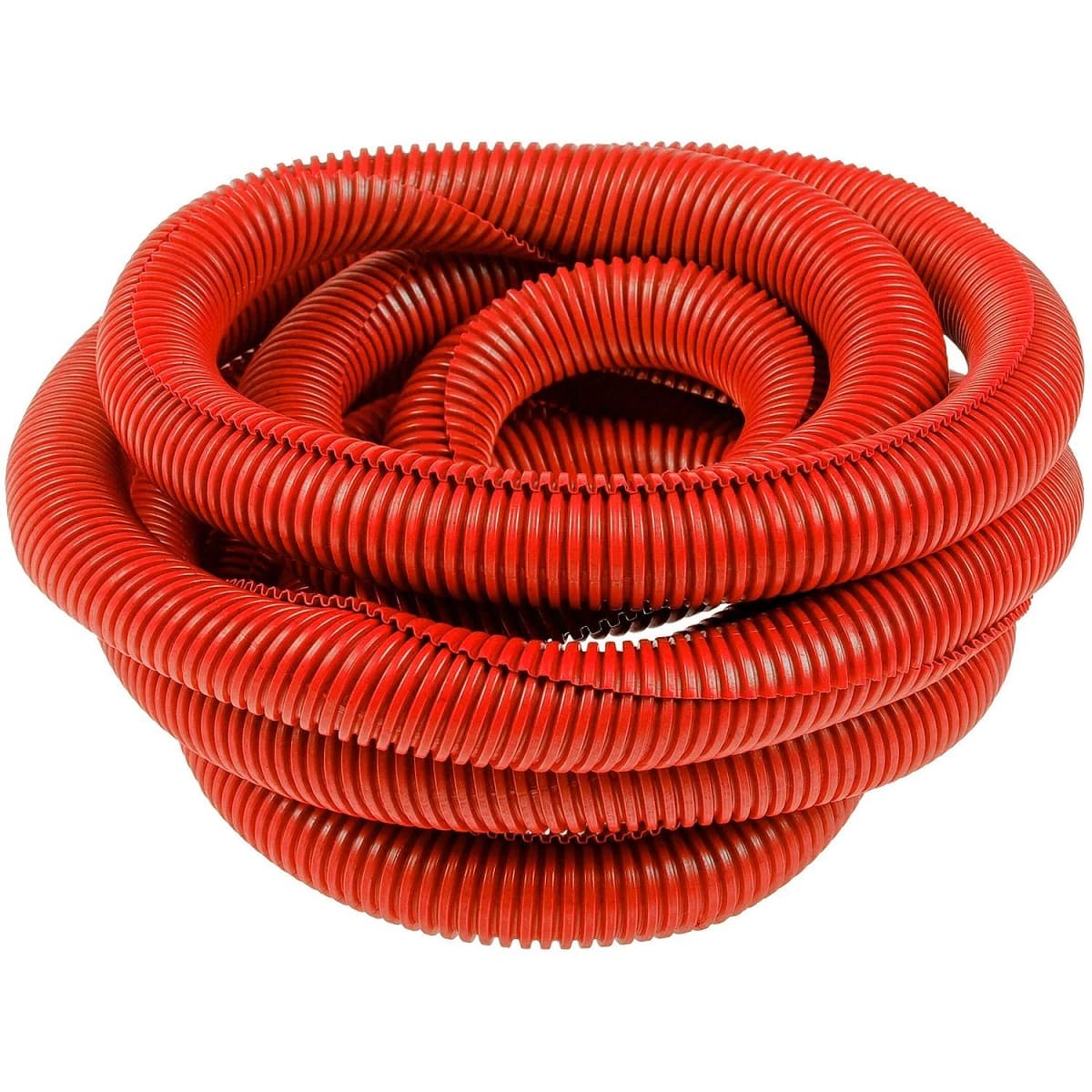
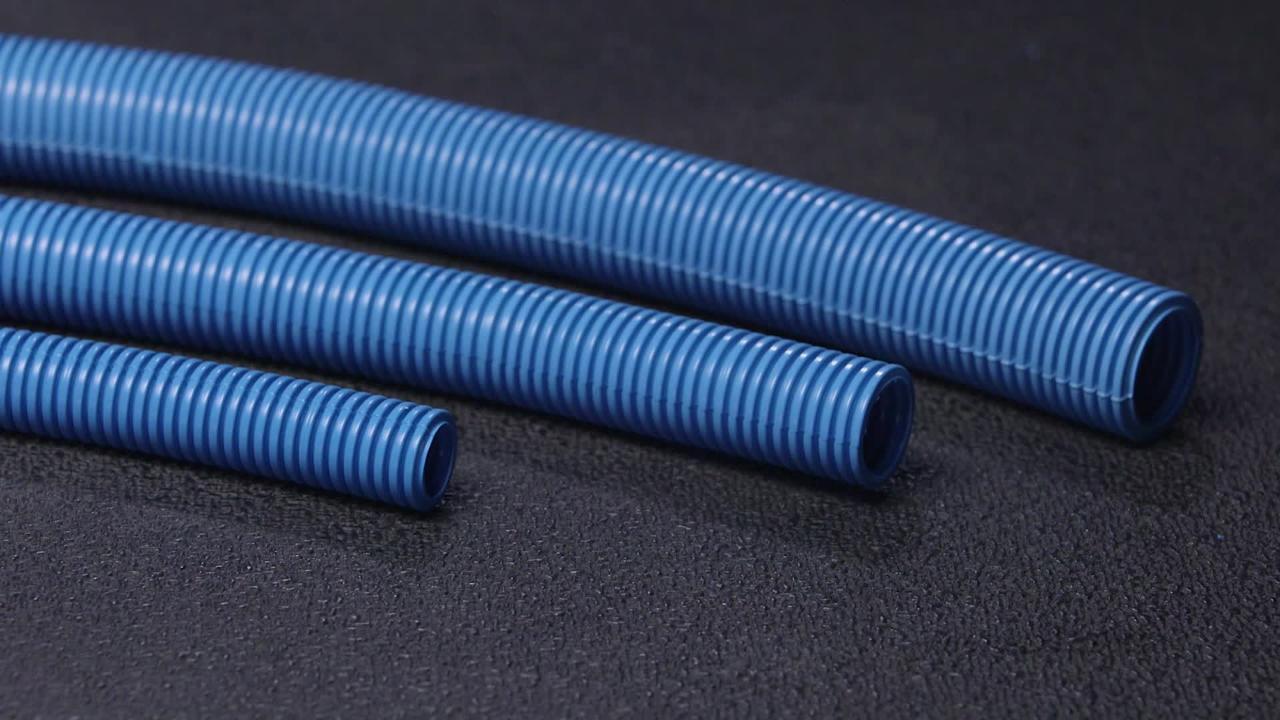
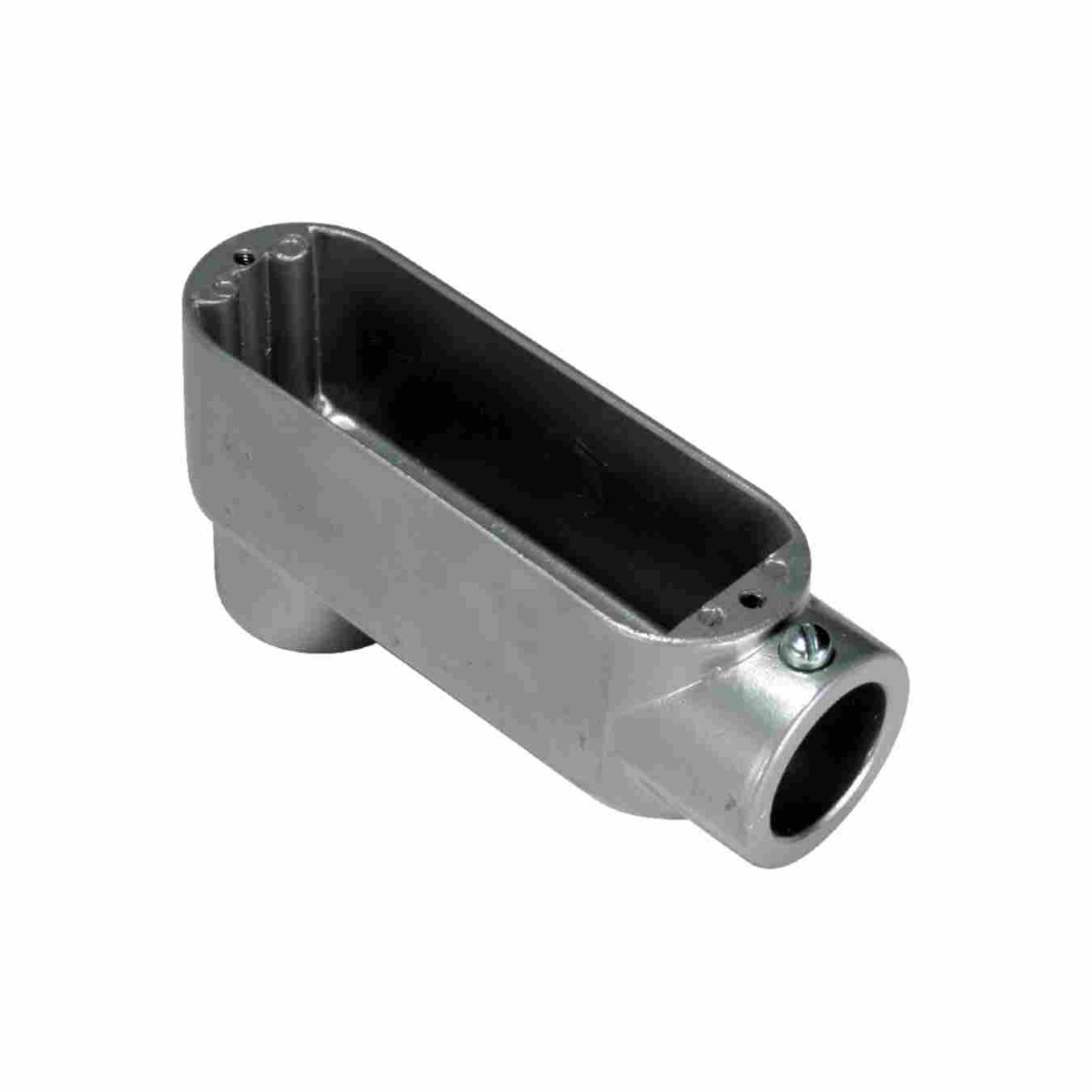
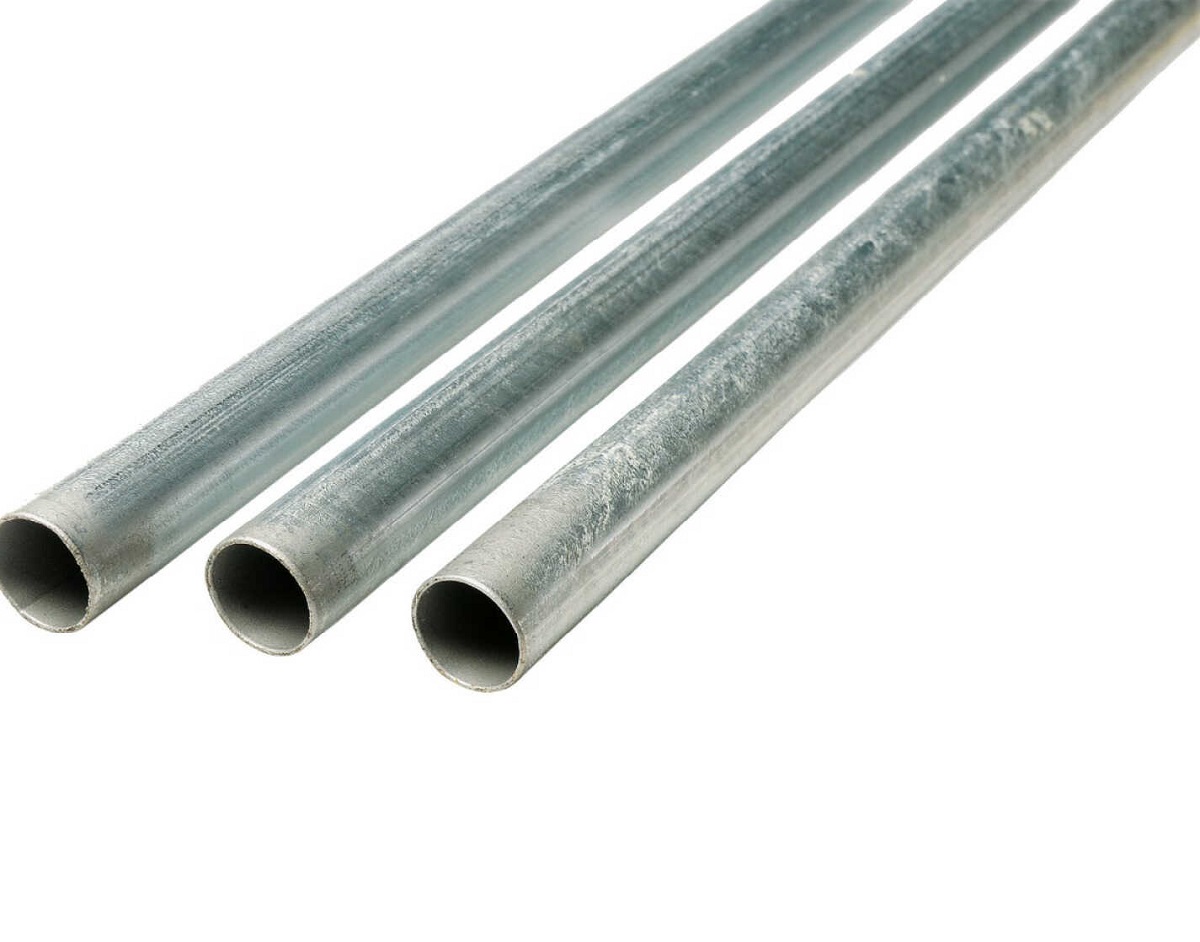
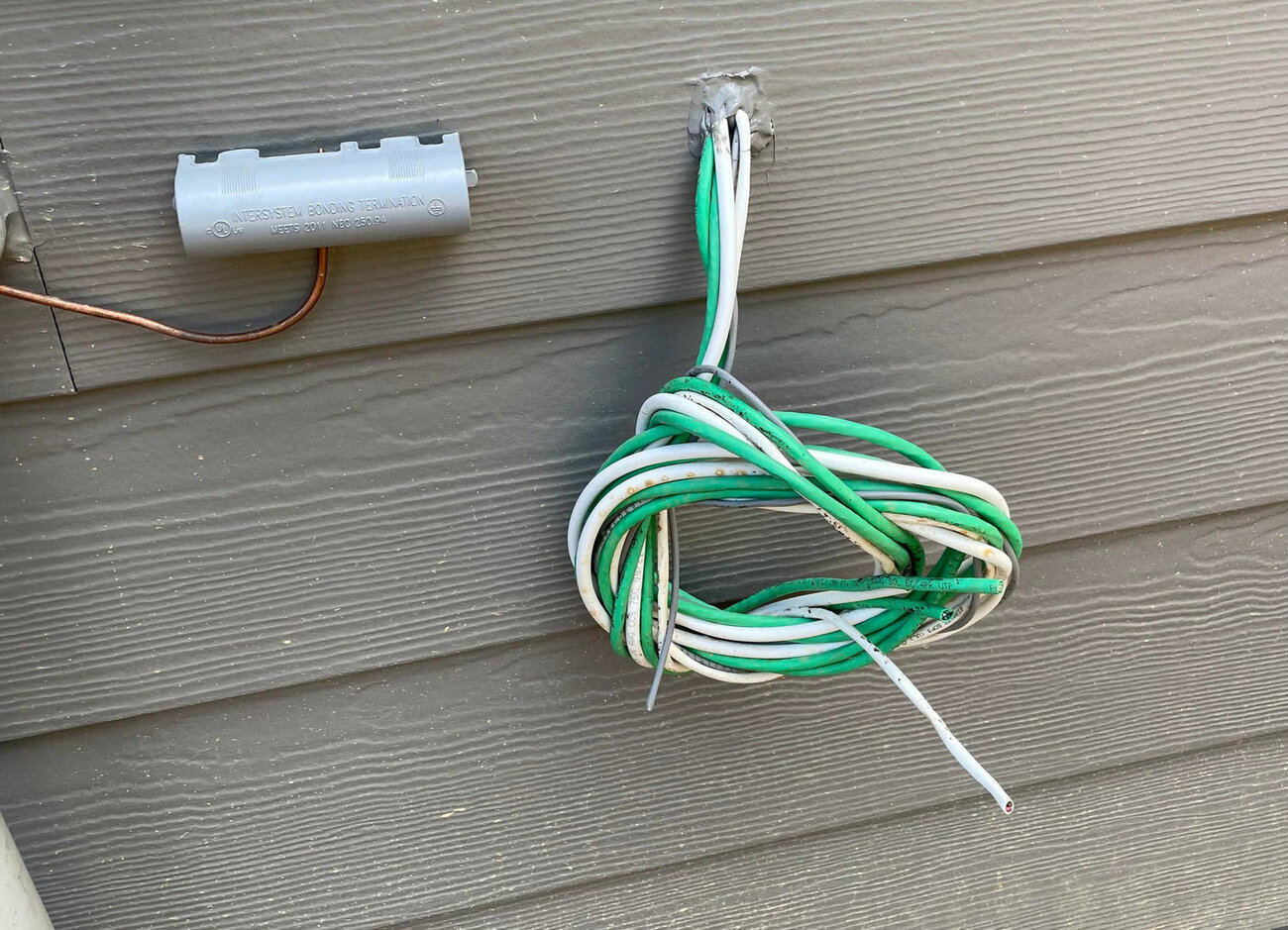
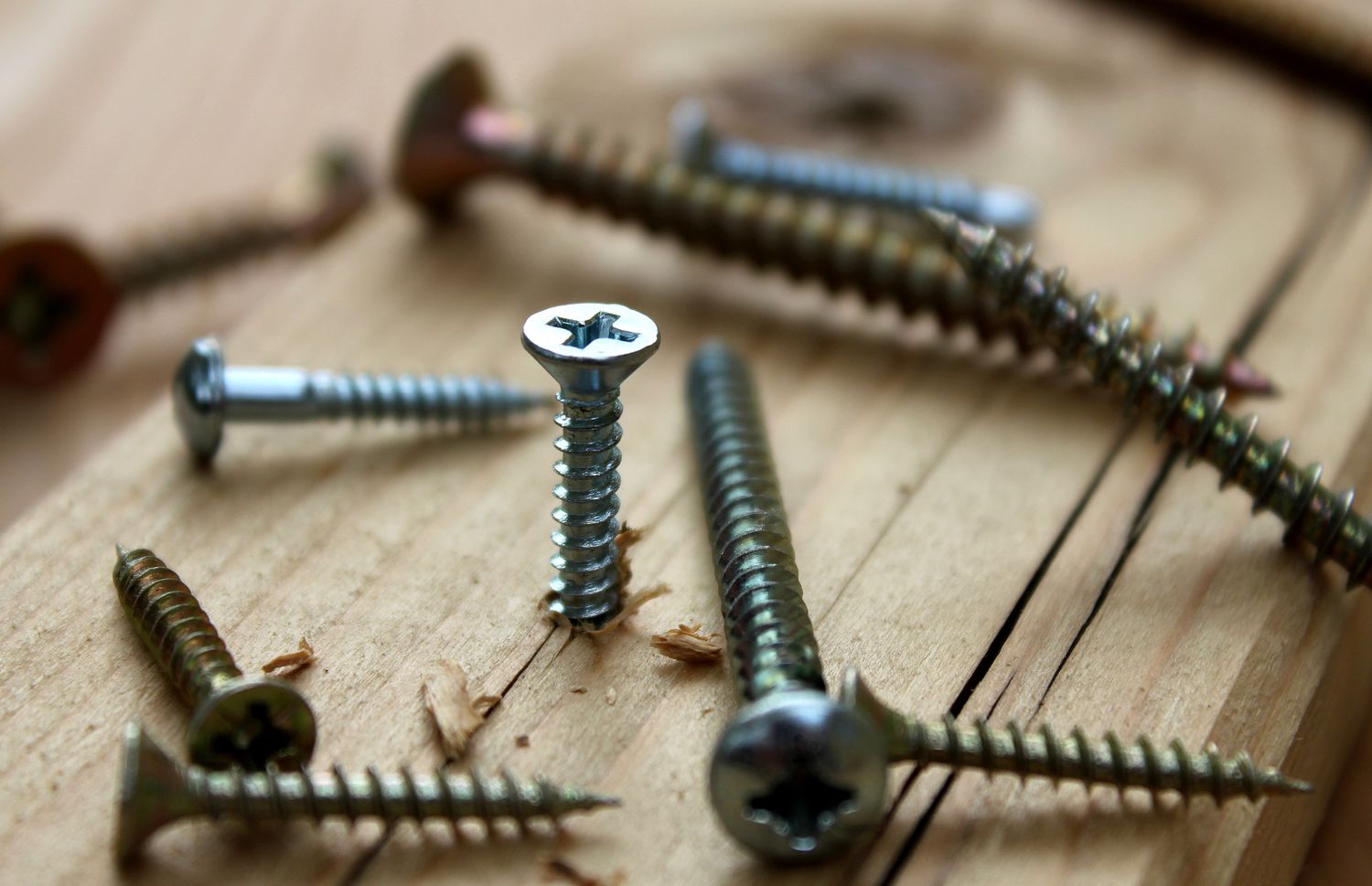
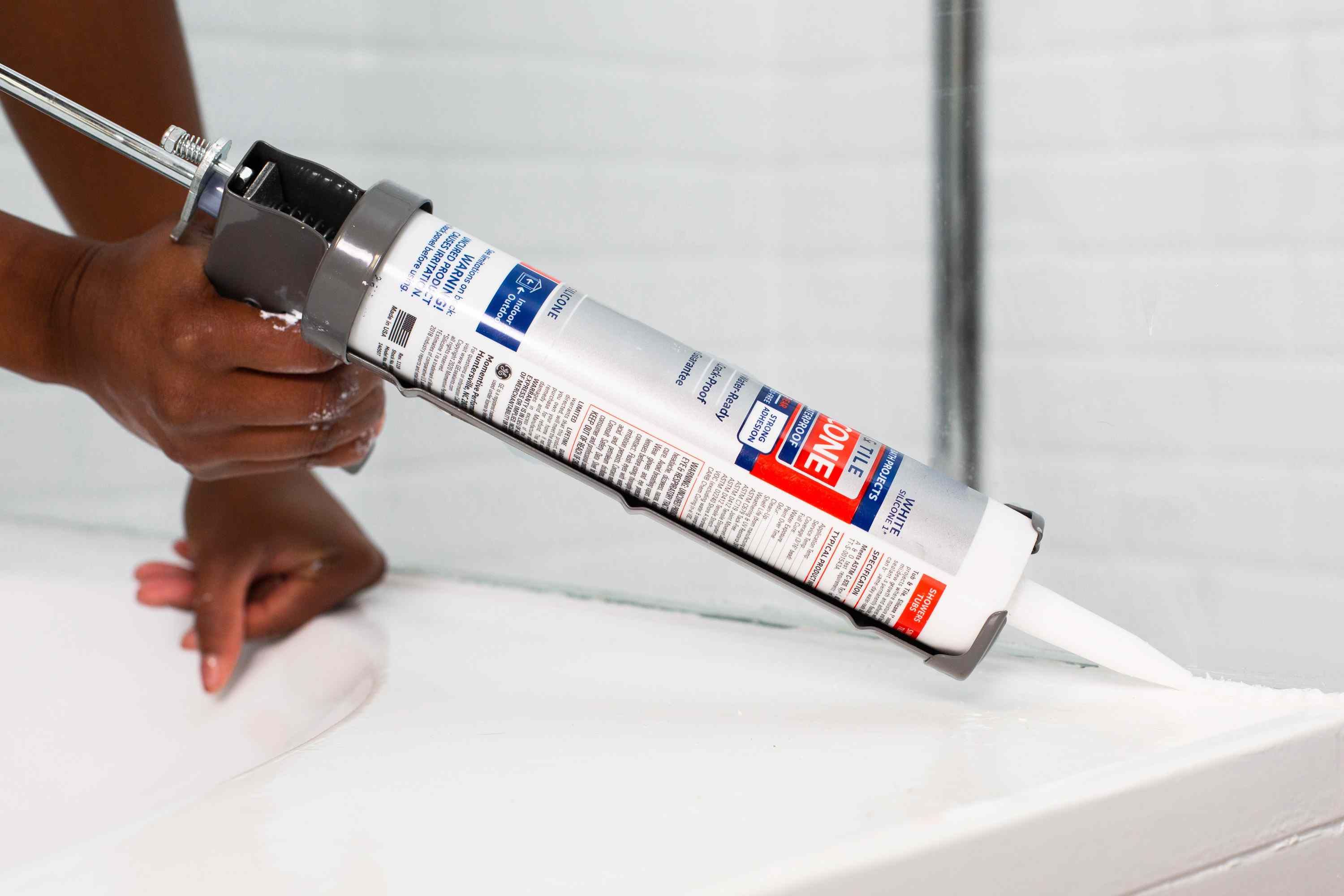

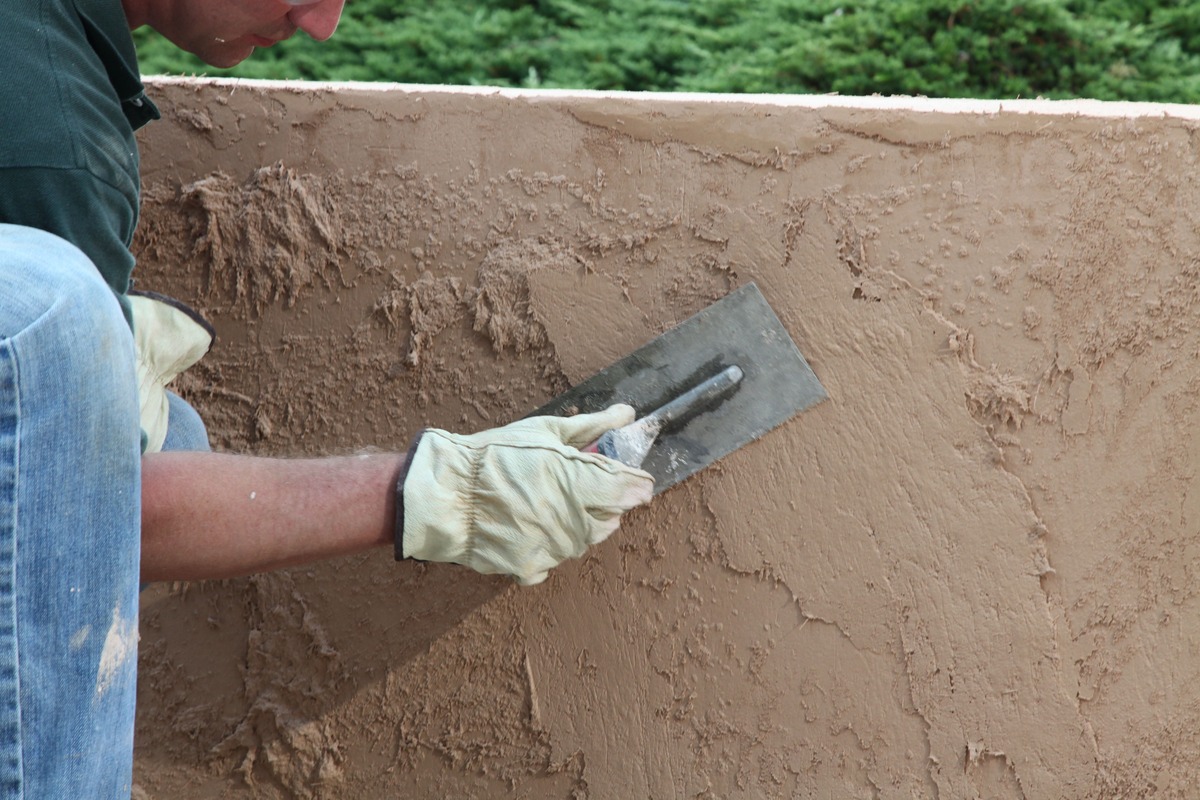
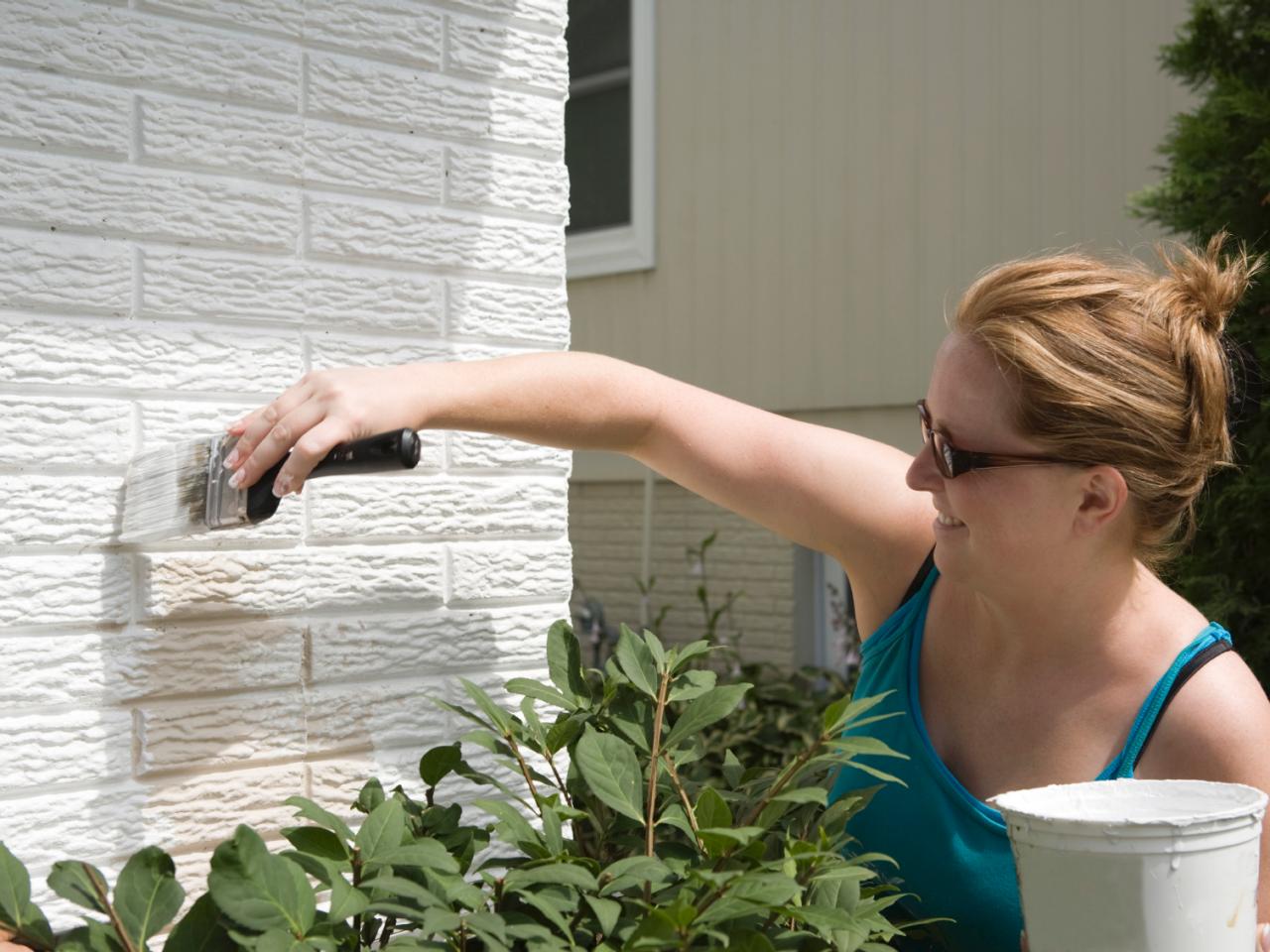

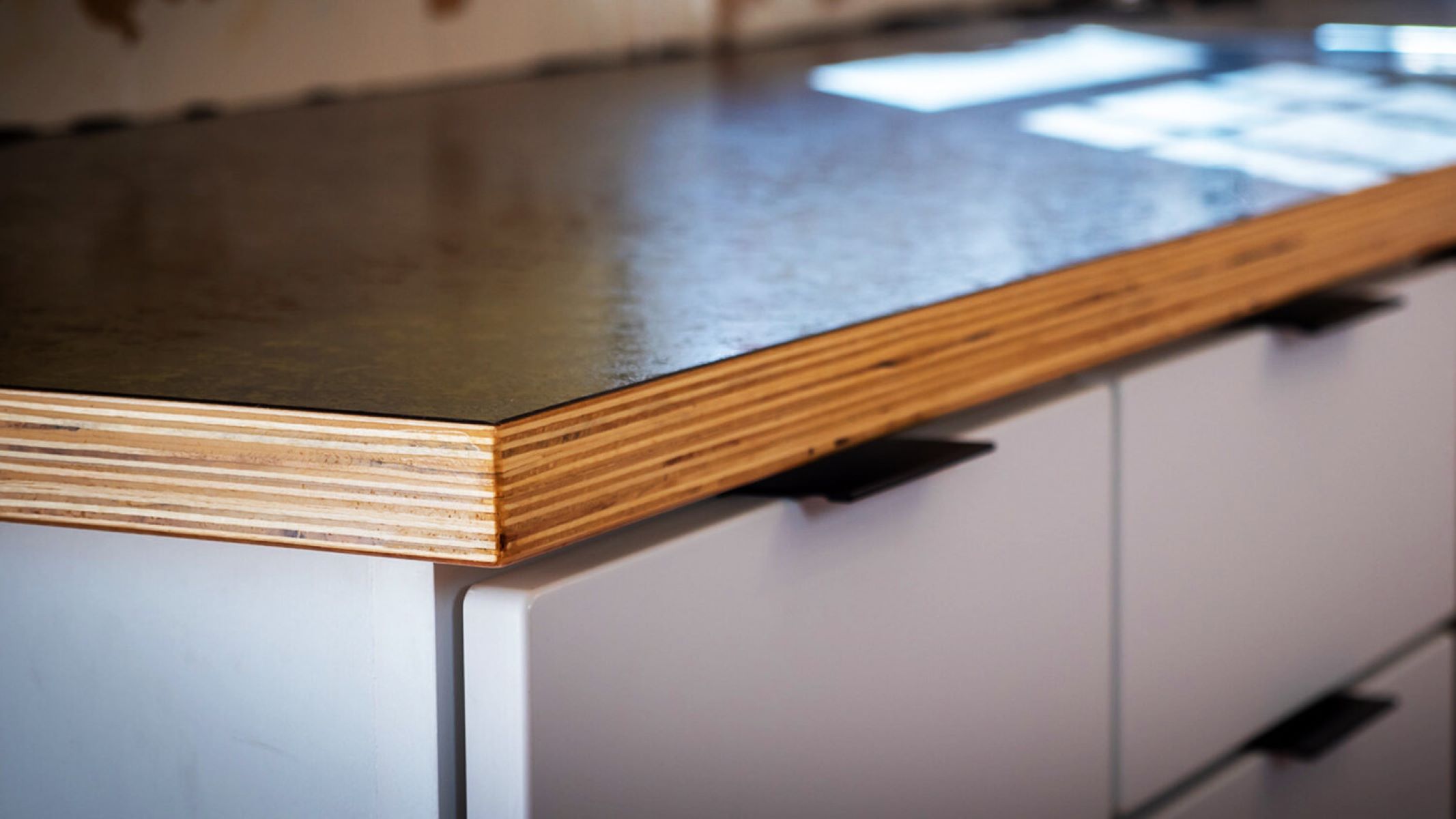
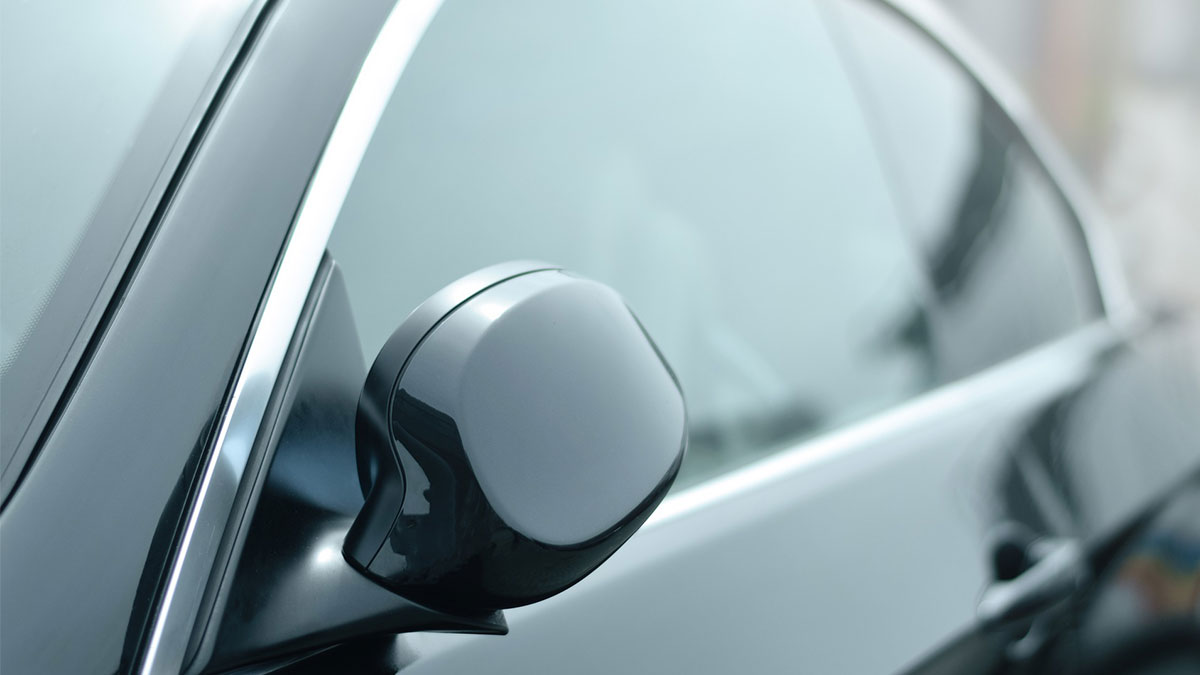
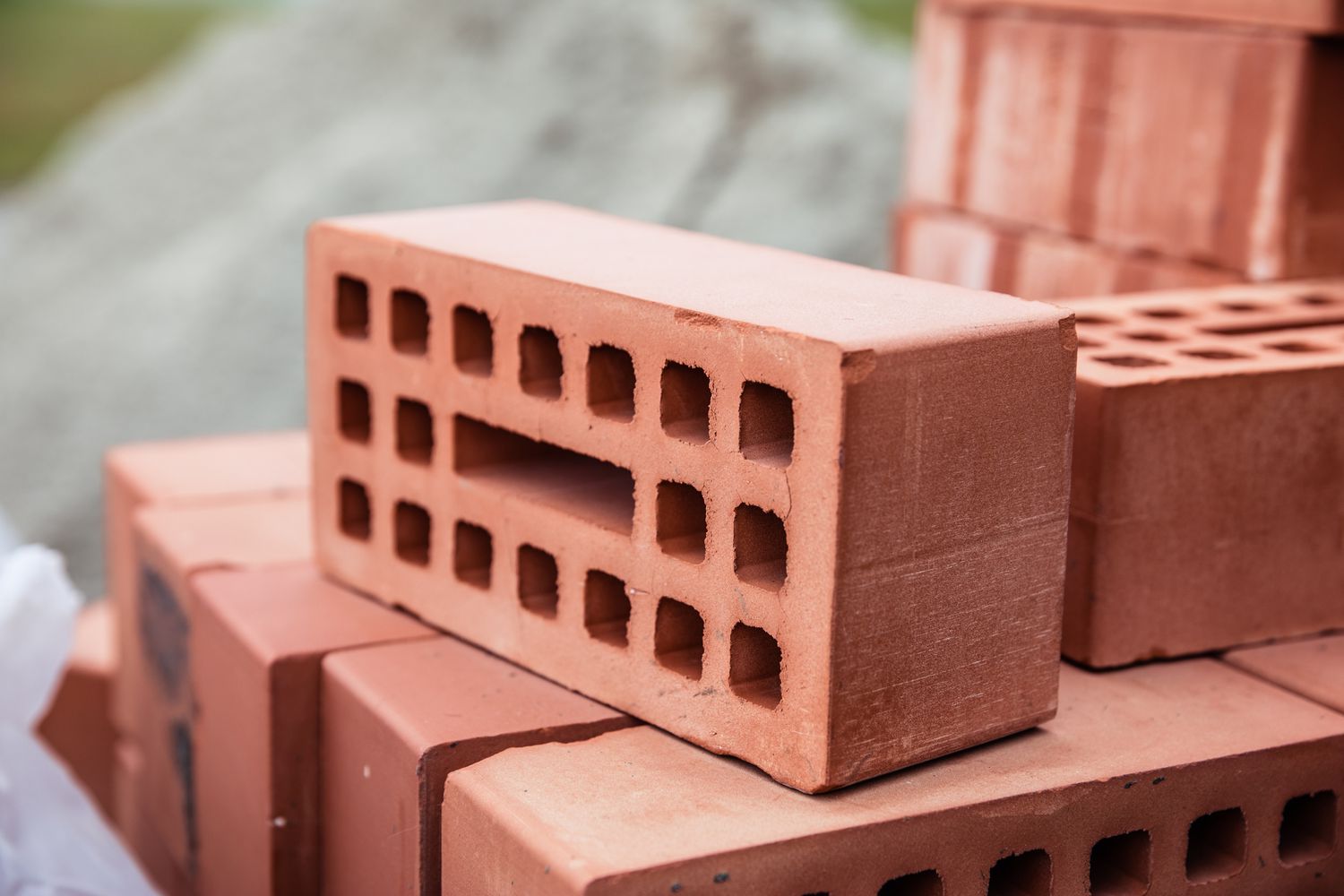

0 thoughts on “What Type Of Conduit To Use Outside”